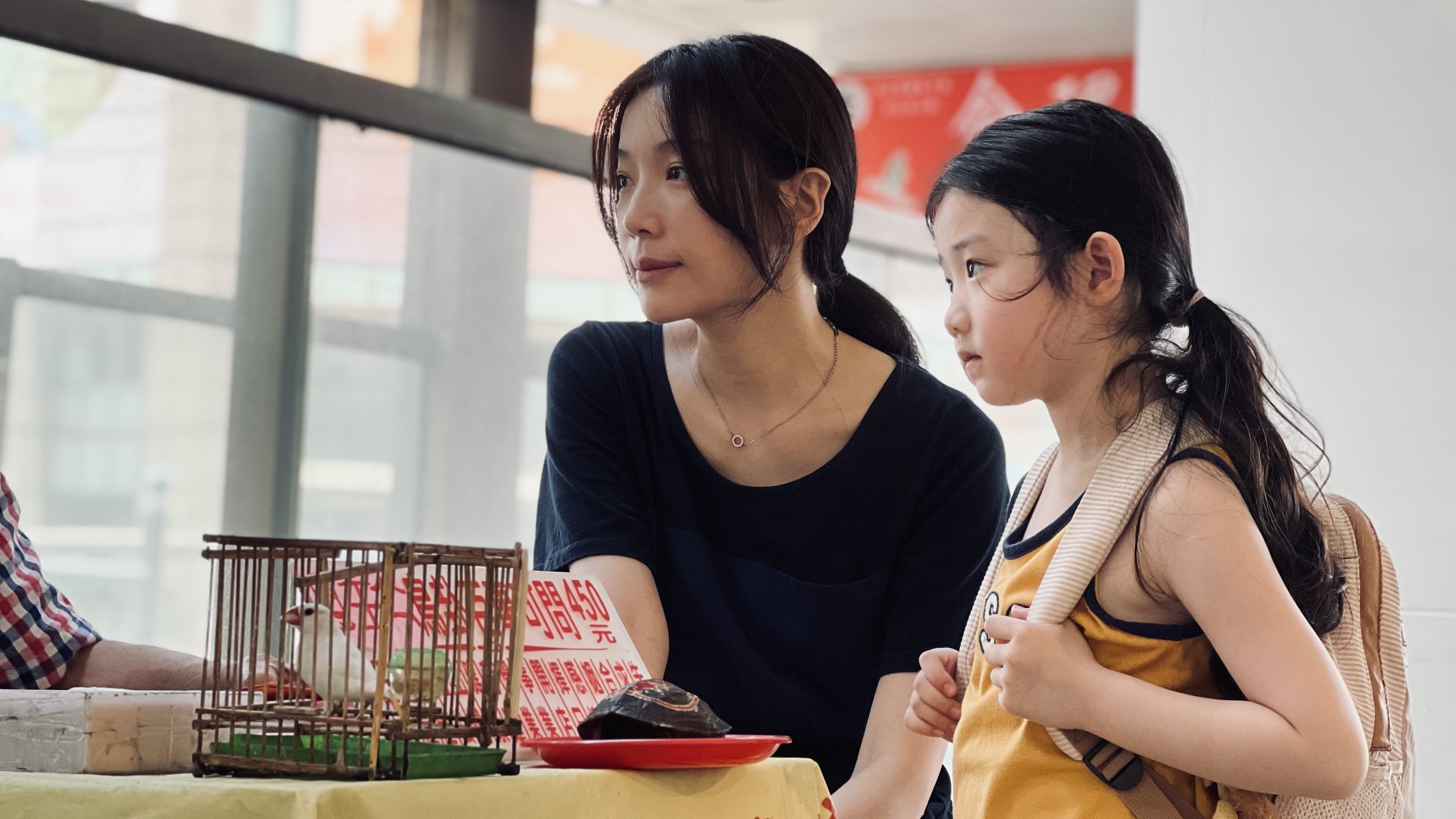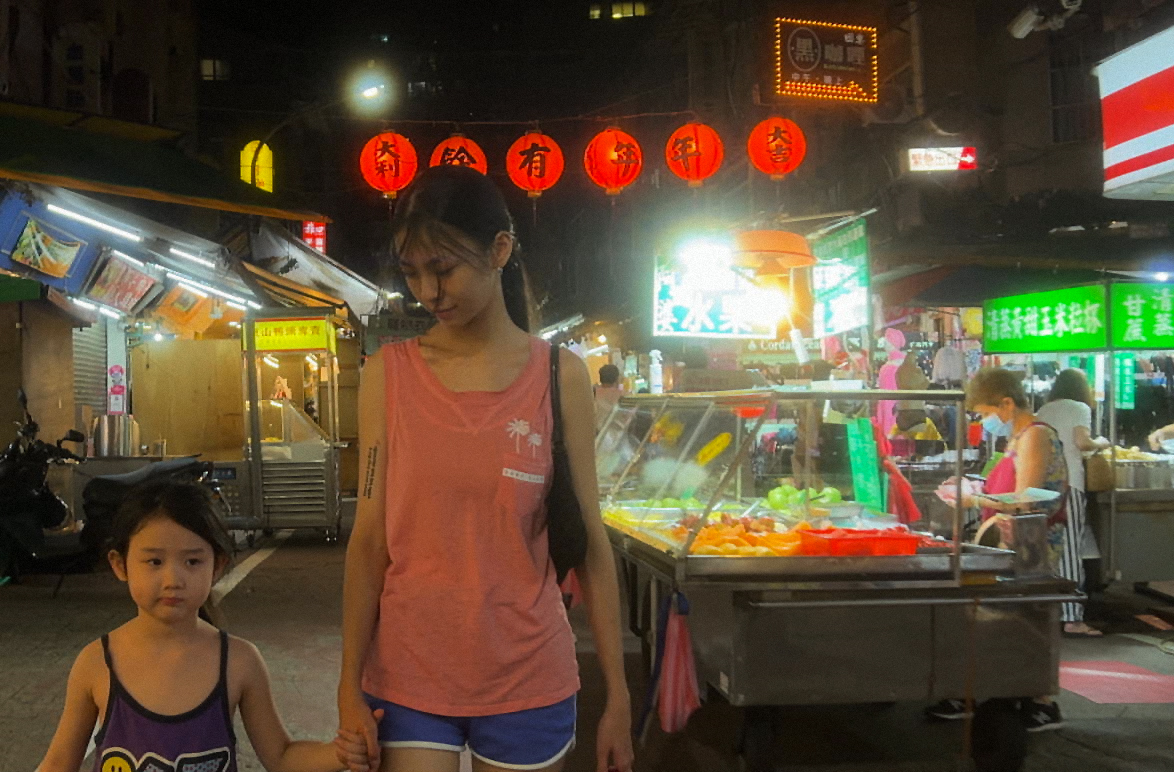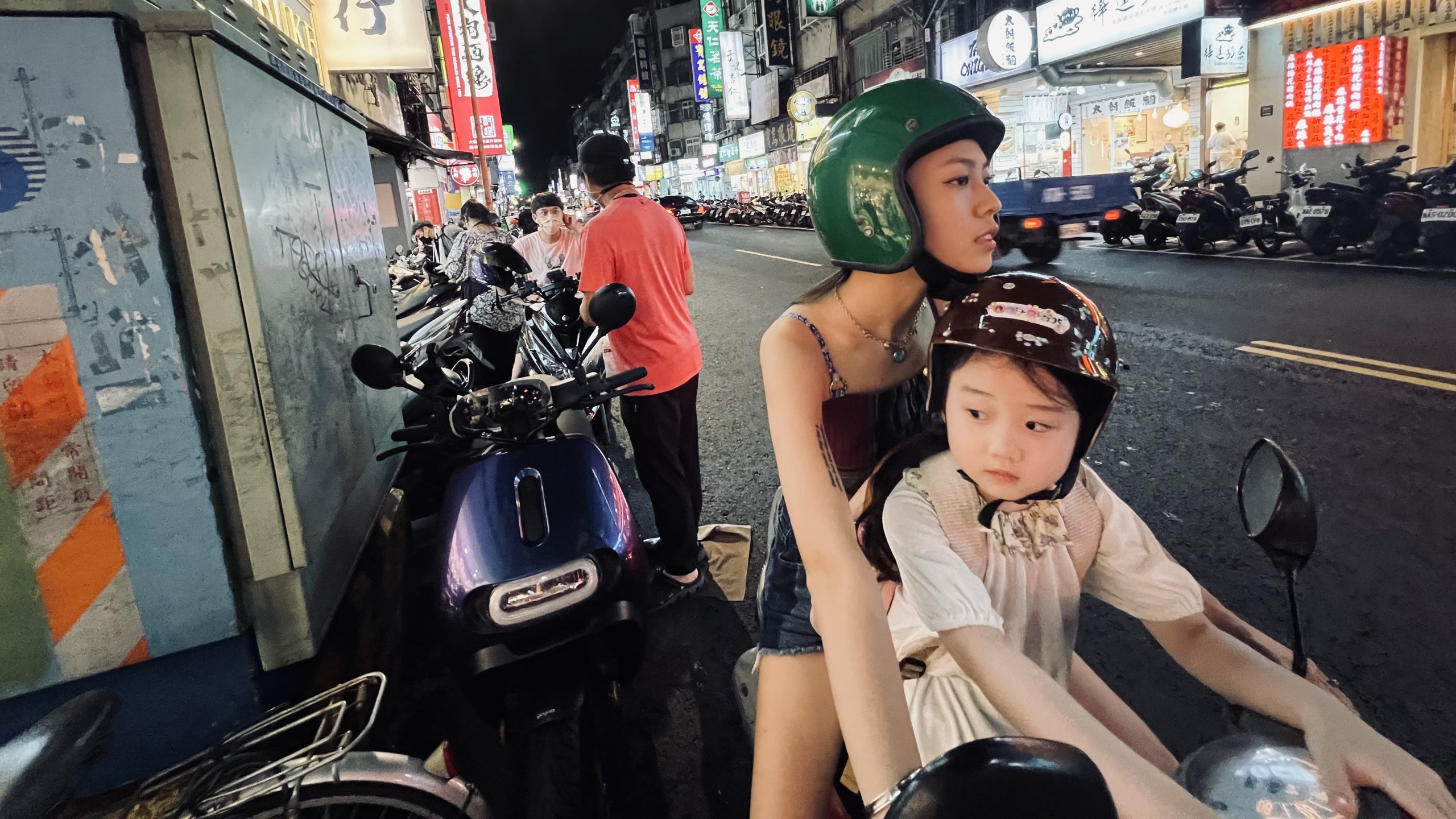Director: Shih-Ching Tsou
Writers: Sean Baker, Shih-Ching Tsou
Stars: Janel Tsai, Nina Ye, Shi-Yuan Ma
Synopsis: A single mother and her two daughters relocate to Taipei to open a night market stall, each navigating the challenges of adapting to their new environment while striving to maintain family unity.
Sean Baker has become a filmmaker who has everyone’s eyes on him, now more than ever, after Anora, his rendition of the Cinderella story, earned him multiple Oscar wins, including Best Picture. It was a surprise for many, me included, especially after seeing it at the Cannes Film Festival last year. But Baker didn’t become the director he is today–focusing on sex workers’ lives since Starlet–without the films he made in the 2000s, particularly his sophomore feature, Take Out, which he co-directed with Taiwanese filmmaker Shih-Ching Tsou. Much like the Safdie Brothers, who gradually honed their hectic, stress-inducing style with more dramatic features like Daddy Longlegs, Baker and Tsou created a film that showed their talents and knack for the craft, relying on the nitty-gritty elements of the setting to capture it with honesty. While Tsou later transitioned into a producing role, Baker remained behind the camera.
Their paths still crossed, as Tsou is equally responsible for many of Baker’s works getting financing. Yet one would have liked her to have made more pictures. Her influence is still felt on Baker’s works, but Tsou took twenty-one years to place herself again behind the camera with Left-Handed Girl (screening at the 2025 Cannes Film Festival in the Semaine de la critique). Much like Take Out, Left-Handed Girl is a human and grounded story, highlighting the working-class life. Instead of the streets of New York, we get the Taipei night market, both basked in the neon lights from the shop signs and restaurants that brighten up the cold streets. The film follows a mother, Shu-Fen (Janel Tsai), who, after many years, returns to Taipei with her daughters, I-Ann (Ma Shih-yan) and I-Jing (Nina Yeh), to open up a noodle stand in the night market.
Shu-Fen struggles to keep the shop afloat, as ex-husbands and estranged fathers return to her life after the departure. All the while I-Ann, the eldest of the two daughters, has great difficulty adapting to this new life. I-Jing explores the city with an innocence that Tsou and Baker, who is a co-writer and editor in the film, explore through a playfulness in the movie’s look and style–oversaturating the bright colors to create a dream-like sensation and, simultaneously, hiding the coldness that lurks in the streets of Taipei at night, without shying away from uneasy narrative developments. But also, her ventures provide some disarray into their lives, sending the story to realistic and exaggerated territories, although it keeps moving. Tsou may elevate the drama with various plot scenarios that each member of this family goes through. Yet, Left-Handed Girl feels authentic and raw, with each secret kept and lie told paving the way for these characters’ respective progressions.
Like Baker, Tsou has a way with actors; she directs them to genuine performances, as if they were playing themselves rather than characters in a film. Sure, the framing of the film does not make it documentary-esque. However, these are true-to-life works, which never fail to see the humanity in the characters and the actors portraying them. Through the film, you sense both the sensibilities of Tsou and Baker, one in the director’s chair and the other in the writing and editing room. But the two never overlap; you never feel that they are trying to one-up or that one’s style and technique is sensed more than the other because Baker and Tsou’s collaborative effort matches each other to perfection.








